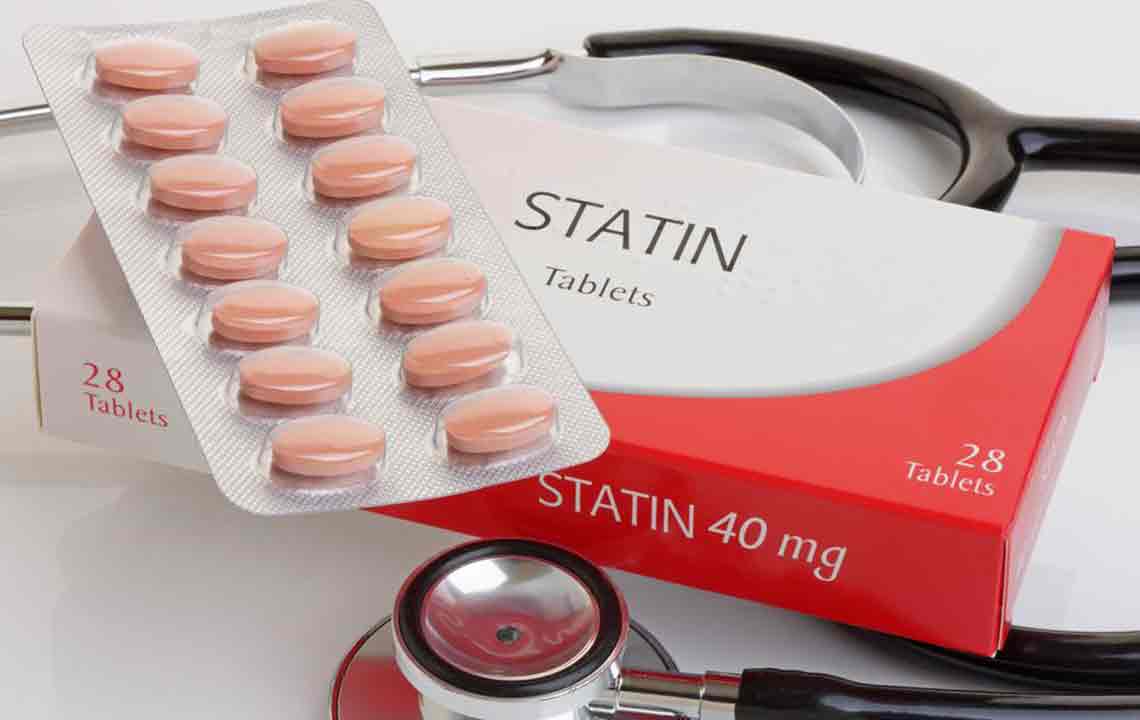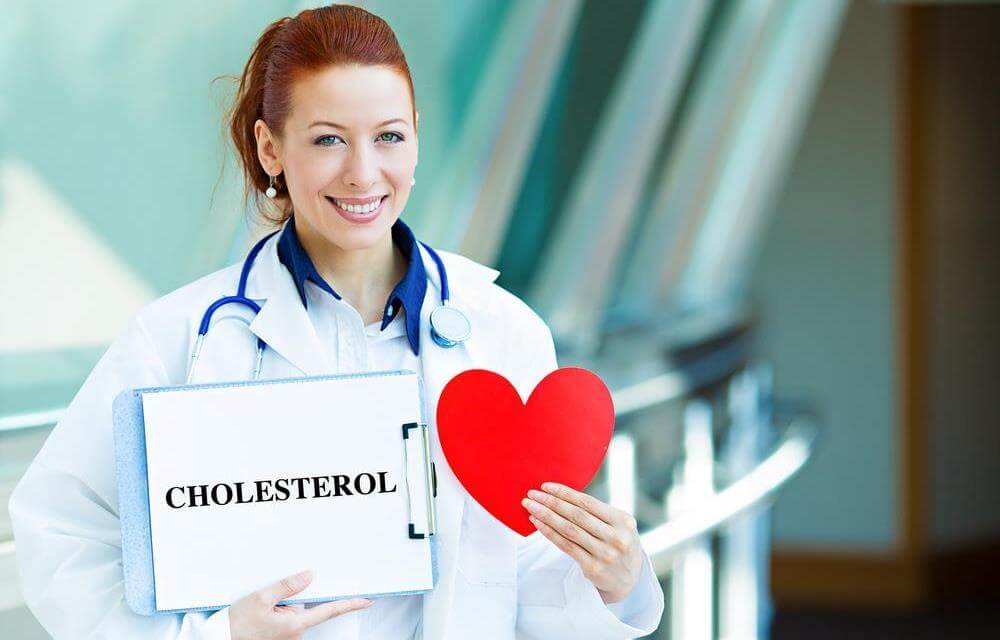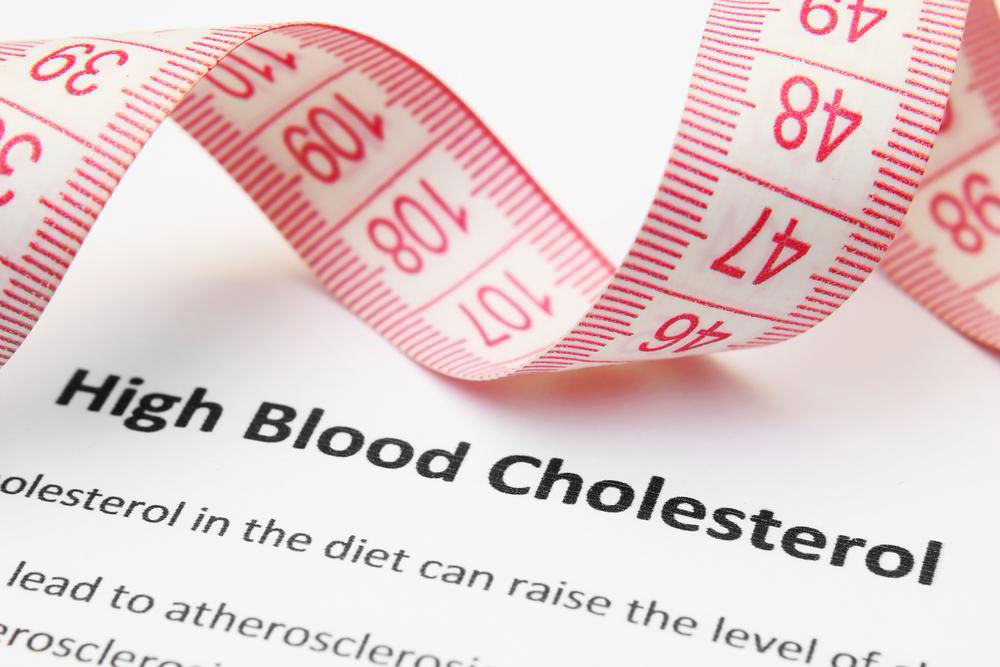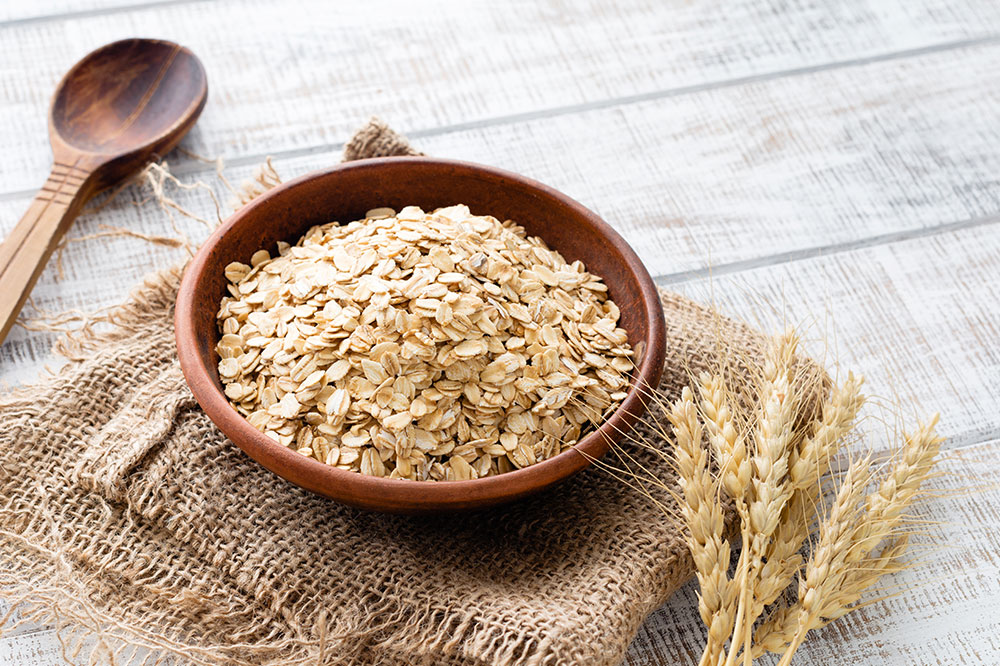Effective Natural Alternatives to Statins for Cholesterol Control
Explore natural and alternative treatments to statins for managing cholesterol levels. This article discusses medications like ezetimibe and fibrates, lifestyle changes, diet tips, and supplements that support heart health. Always consult a healthcare professional before making changes to your medication or diet to ensure safe and effective cholesterol management tailored to individual needs.

Effective Natural Alternatives to Statins for Cholesterol Control
Statins are medications classified as reductase inhibitors used to lower LDL cholesterol levels. Although widely prescribed, various natural options can also help manage cholesterol and reduce cardiovascular risks. These alternatives work by preventing cholesterol synthesis or absorption in different ways. A Nashville-based expert explains that statins inhibit the enzyme HMG-CoA reductase, essential for cholesterol production, helping to decrease triglycerides and LDL levels while minimizing oxidative stress and immune issues.
Common statins include high-potency options like atorvastatin (Lipitor) and rosuvastatin (Crestor), alongside moderate options such as simvastatin (Zocor) and pravastatin (Pravachol). While all statins have similar mechanisms, individual responses vary. Nonetheless, they may cause side effects like muscle pain, nausea, and long-term organ damage if used improperly.
Cholesterol absorption inhibitors are a common non-statin option. Ezetimibe (Zetia) reduces intestinal cholesterol absorption, especially effective when combined with statins, with the best results seen alongside a low-fat diet. Bile-acid-binding resins, or sequestrants, also prevent cholesterol from entering the bloodstream by binding to bile acids in the gut. Although these are older drugs, they may be less effective for severe cases and can lead to vitamin deficiencies, including Vitamin K, affecting blood clotting.
Since high cholesterol often aligns with elevated triglycerides, medications like Niacin (Vitamin B3) are used to boost HDL and lower LDL levels. Side effects are mild, including dizziness or nausea. Fibrates like fenofibrate, clofibrate, and gemfibrozil are also prescribed to reduce blood fats, complemented by omega-3 fatty acids from fish such as salmon and mackerel, which help lower triglycerides. PCSK9 inhibitors and CETP inhibitors are newer options for reducing LDL cholesterol, but they should be administered under medical supervision.
Maintaining a healthy diet with cholesterol-lowering foods such as garlic, oats, artichokes, and plant sterols can naturally support cholesterol management. Incorporating these into daily meals can help sustain healthy levels without medication.
Regular physical activity, including brisk walking, swimming, and resistance training, particularly benefits women post-menopause by increasing HDL and reducing LDL. Quitting smoking and avoiding harmful habits are essential, as smoking accounts for a significant portion of heart disease. Nutritional supplements like multivitamins, B-complex vitamins, selenium, and vitamins C and E offer additional arterial protection, but always consult a healthcare provider before use.
Choosing the right treatment plan should involve medical guidance. Factors such as family history, existing health conditions, and medications influence the best alternative to statins. Never stop prescribed medications without professional advice, even when feeling better.









